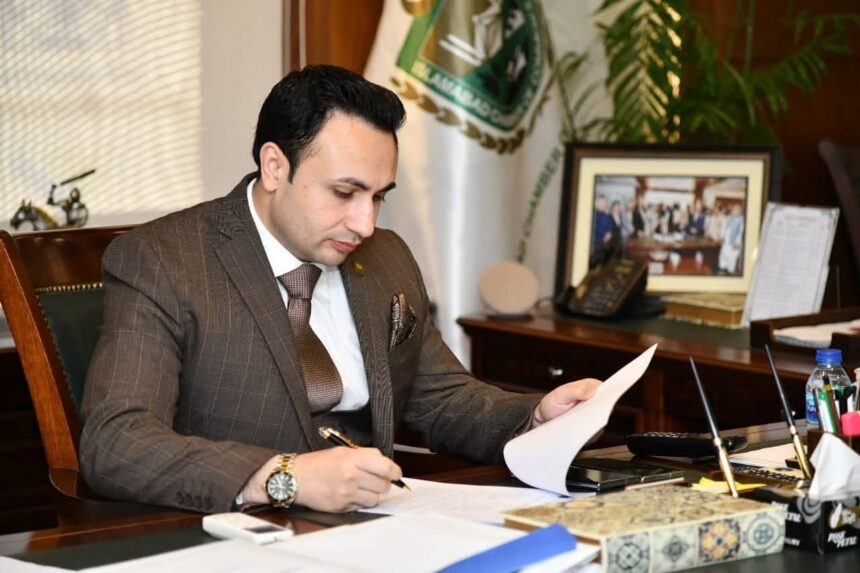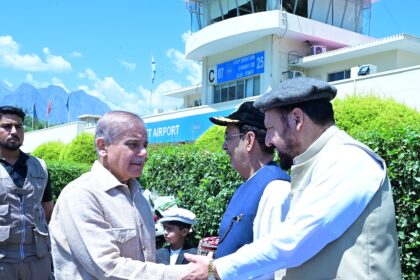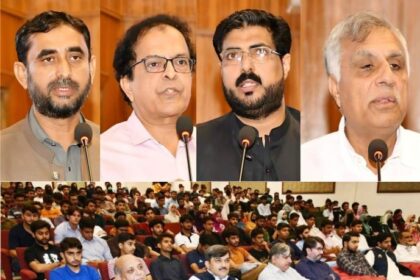Pakistan’s tourism sector is set for transformation with the recent appointment of Sardar Yasir Ilyas Khan as the Prime Minister’s Coordinator on Tourism, marking a renewed government commitment to harness the nation’s vast yet underutilized potential. With breathtaking landscapes, ancient archaeological treasures, and spiritual sites of profound global significance, Pakistan now aims to overcome longstanding challenges and reposition itself as a prime international tourist destination.
Despite boasting attractions ranging from the spectacular mountain vistas of the Karakoram ranges and Deosai Plains, to the historical grandeur of Mohenjo-Daro and sacred heritage sites tied to Buddhism, Sikhism, and Sufism, Pakistan’s tourism industry currently remains significantly underdeveloped. The country’s tourism sector contributes below 3% to the national GDP. Experts suggest that a focused strategy, with targeted investments and necessary policy reforms, could feasibly raise this sector’s GDP share to around 7–8%, bringing more than $10 billion annually into Pakistan’s economy.
Historically, several key obstacles have hindered tourism growth. Notably, worldwide perceptions concerning security—and particularly outdated narratives about safety—continue to discourage international visitors. Further impediments include inadequate infrastructure, such as limited quality accommodation, inefficient transport networks, and insufficient traveler-friendly amenities in tourist locations. Pakistan’s visa process, though improved by recent introduction of e-visas and visa-on-arrival schemes, remains more burdensome compared to global tourism competitors. Moreover, there is a significant gap in adequately trained tourism-sector professionals within the hospitality industry, leaving visitor experiences inconsistent and below globally accepted standards.
Critically, Pakistan has so far struggled to craft and present a unified, compelling national brand identity for tourism. Without a cohesive identity, the country has found it challenging to attract and assure potential international travelers. Experts believe addressing this lack of a clearly articulated national narrative is crucial for realizing Pakistan’s immense potential as a unique tourism destination.
Against this background, the recent appointment of Sardar Yasir Ilyas Khan signals a pivotal shift. An accomplished business leader widely recognized for reshaping Islamabad’s skyline through major landmark projects such as The Centaurus, Khan previously led the Islamabad Chamber of Commerce. His private-sector background gives him well-established expertise in areas such as hospitality, tourism infrastructure, and effective brand-building. His appointment to such a high-level government post shows unprecedented recognition of the critical importance of experienced leadership from outside the traditional bureaucracy.
Sardar Yasir Ilyas Khan plans a practical, results-oriented approach to revitalizing tourism, emphasizing professionalizing systems, upgrading infrastructure, improving visitor services, and clearly communicating Pakistan’s unique appeal to the world. His appointment could prove decisive in uniting fragmented efforts at provincial and federal levels.
Over recent years, both provincial and federal authorities have taken promising steps forward. These include more flexible visa policies, restoration of heritage and religious sites, and active engagement in targeted marketing campaigns designed to appeal to influencers and international expatriate communities. Provincial-level tourism authorities have also been established to manage regional tourism initiatives. Nevertheless, the absence of unified strategic direction has often caused these promising initiatives to stall or lose momentum.
Now, under Khan’s leadership, coordinated action to address these pressing issues is within reach. Though bureaucratic resistance, limited resources, and political uncertainty remain challenges, the decision to elevate tourism into national policy priorities, paired with credible leadership, represents an encouraging turning point.
For global tourists increasingly yearning for authentic and meaningful travel experiences, Pakistan’s combination of unique landscapes, rich historical heritage, vibrant culture, and renowned hospitality offers an unmatched offering. If Pakistan successfully harnesses its enormous potential under Khan’s direction, the country could indeed enter a significant golden era of tourism.











